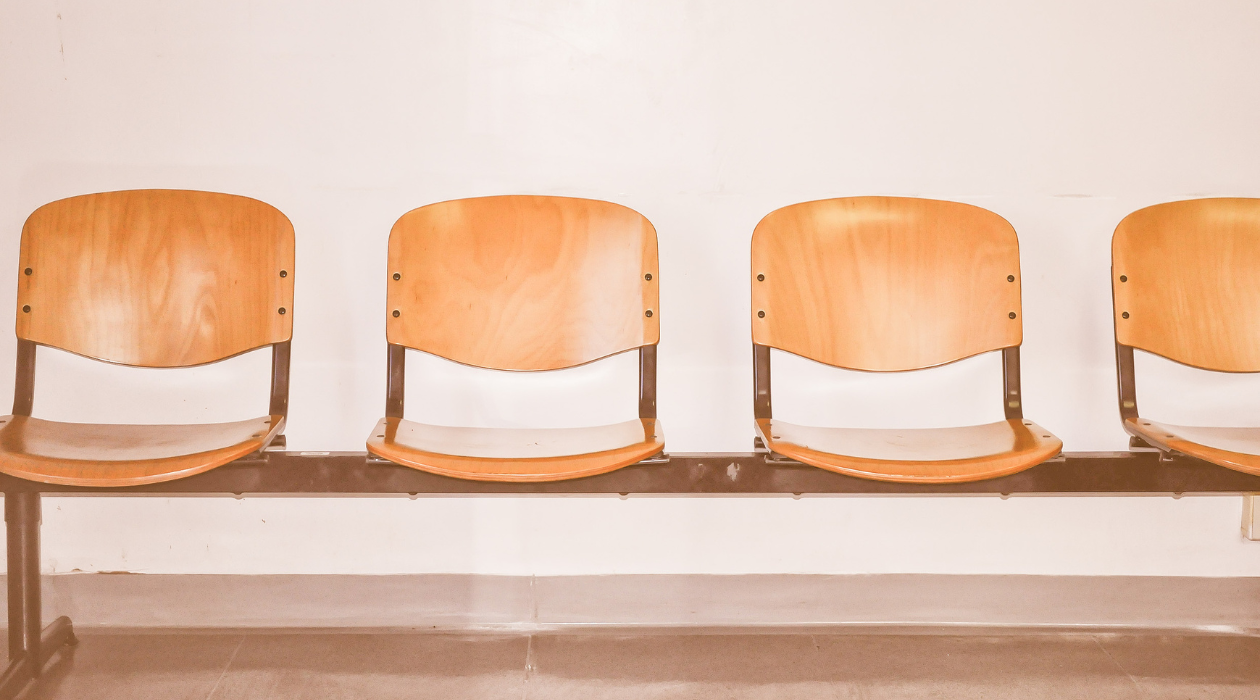
On 3rd April, a host of arts organisations across the U.K met at The Lowry in Manchester for the Arts Council’s national conference, ‘Engaging Communities in Arts and Culture.’ Our Community Engagement Curator, Dominic Pillai headed down to learn more.
The day started with an introduction from Rebecca Blackman (Director Engagement and Communities, Arts Council England), Paul Dennet (City Mayor of Salford) and Darren Henley (Chief Executive, Arts Council England). Their opening remarks emphasized how important it is to collaborate and foster creativity within communities.
The two panels I attended ‘Local, Regional and National Collaborations’ and ‘Community Voice in Arts and Culture’ highlighted the importance of providing platforms for communities to share their own stories and perspectives and that working with communities, rather than imposing solutions, leads to more meaningful and lasting change. During the talk ‘The Vital Role of the Artist in Animating Flourishing Communities,’ speaker Cormac Russell, Nurture Development, argued that artists are uniquely positioned to uncover and mobilize the hidden potential within communities, and by starting conversations that focus on strengths rather than deficits, artists can help communities envision and work towards alternative futures. The breakout sessions were a great opportunity to dive deeper into specific aspects of community engagement. It was clear that hosting spaces where community members can come together to share their experiences is incredibly powerful.
“Hosting spaces where community members can come together to share their experiences is incredibly powerful.”
The main message of the day was the importance of working ‘with’ rather than ‘for’ communities. The themes of collaboration and empowerment from the conference resonated strongly with the development of the Recoverist Union, an advisory group of people in recovery to help shape the future of Portraits of Recovery as an organisation. This conference made me reflect on the Recoverist Union in a slightly different way, especially in relation to language. By creating an inclusive environment for Recoverists to meet to share their knowledge and experience, we are ‘hosting’ rather than ‘holding’ space. Instead of us empowering the community, we are animating Recoverists to empower themselves. By having a Recoverist Union member sit on the Board of Trustees will ensure that the voices of those in recovery are heard and represented at the highest level, allowing for social change to happen within arts and culture. The ‘Engaging Communities in Arts and Culture’ conference reaffirmed for me how essential the Recoverist Union will be to foster collaboration, inclusivity and empowerment, informing the future of how we engage the Recoverist community in a more meaningful and impactful way.